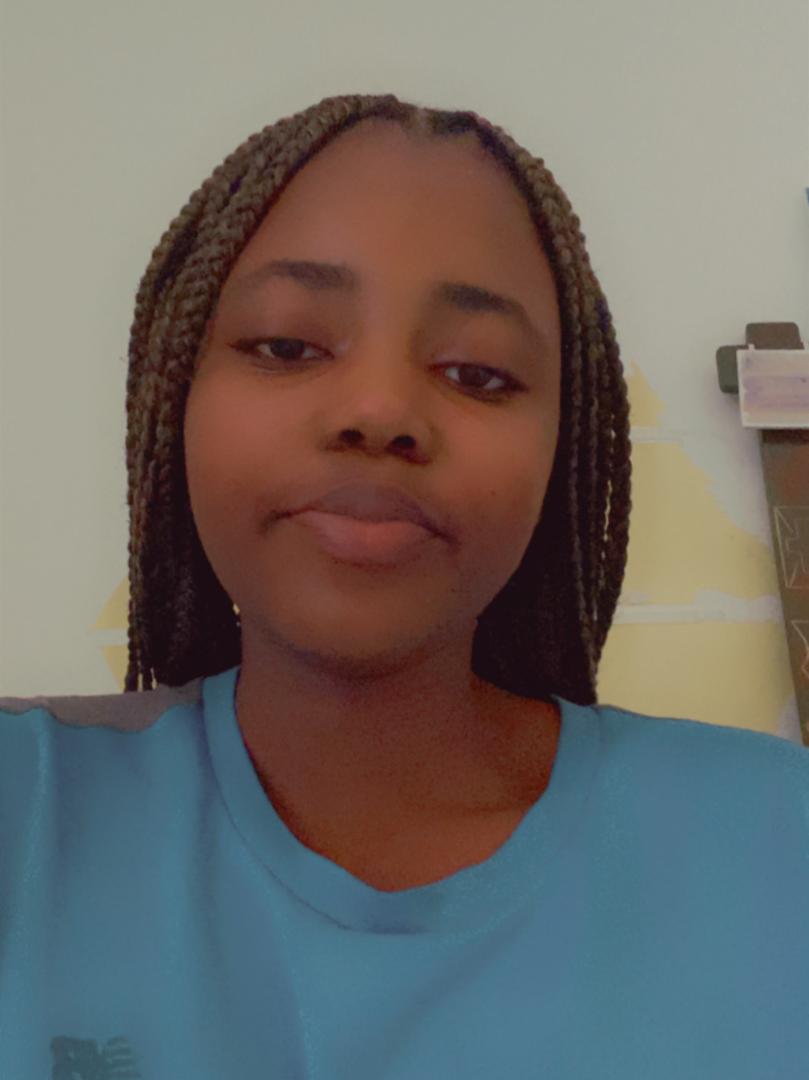
Top 30 Cartoon Characters That Were Villains
Our list rounds up the top 30 cartoon characters that were villains, each one more wonderfully wicked than the last.
queer, speaknoevil, uzodinmaiweala
Niru is gay and cannot freely explore his queerness. Although he is in a country like America, the Africanness and religiosity in his parents would not let them support him. Rather they take him to pastors to pray the gay out of him.

I’m usually a reader who talks a lot about books she has enjoyed. It doesn’t mean that I do not enjoy a book when I talk less. Most times, it means I have enjoyed the book, but it has left me overwhelmed and sad.
This book is an example of a thoroughly enjoyed book, but the mixed emotions I am feeling have left me with very little to say.
I will start by telling you about Niru but let me first tell you the number of ways this book has fed me with sadness.
Initially, I thought Niru’s internal suffering as a queer person would leave me sad, his inability to be , to exist wholly as a human being, his struggles to be a beloved son to his parents who abhor the idea of difference and rainbows, who believes in the God that will exorcise the demon of queerness off him.
But I was wrong. Rather the racism is what left me in a pool of sadness, anger, fear, and pain I cannot describe.
Niru is an 18-year-old Havard candidate and best runner born to Nigerian parents who live in Washington. Niru is gay and cannot freely explore his queerness. Although he is in a country like America, the Africanness and religiosity in his parents would not let them support him. Rather they take him to pastors to pray the gay out of him.
Like every child trying to please their parents, he pretends to like the prayers are working, he fights himself and his internal desires, shelves them, and tries to be the son his parents desperately want.
I found Niru’s father very interesting, a man who lived through the war in Nigeria. He always wore a white shirt, Niru said. His father was keen on appearances. How he looked mattered to him, so he taught his children to always look sharp. He drove a Range Rover and made sure they lived in the luxurious parts of Washington because appearance meant a lot to him as a black man. It was important for him to look how he wanted to be seen and respected.
But he was a stern man. He valued his culture; he wanted to give his sons everything but was also slightly annoyed or maybe jealous that they hadn’t been through half the hardship he had been through.
He also believed in the church and God, just like his wife. He believed in his demons and the power of exorcism by the church.
He believed Niru was possessed, and it was only the church who could pray the gay out of him.
Meredith, Niru’s best friend, is hopelessly in love with him and the only one with whom Niru feels whole with, accepted, and full. Meredith provides Niru with a safe space he cannot get elsewhere.
Uzodinma will have you think that this book is about queerness and identity, but this book is actually about racism.
How you are judged by your appearance before you speak. How Niru paid the price for being black, a black man who was only trying to control his drunk white best friend Meredith.
I do not intend to spoil anything in this book but this book explores racism, queerness, and religion in a way that will leave your knees weak and your body a hub of sadness.
She said, God said man is for woman and woman is for man. That’s how it’s supposed to be. And God was always right; so I decided I would only like girls even if I could feel that I liked looking at them less than I should
I like spending time with you so I spend the time there is to spend. I like the way you feel but I know it scares you to feel me—sometimes it scares me too, he says. He laughs but I don’t. So I enjoy the little you let yourself be touched, there’s nothing ideal so I see no reason to complain.
I am always someone’s accessory, someone’s afterthought, the supporting actress in another person’s drama and that thought fills me with fire.
Sometimes I wonder if my parents like me. I know the laws of nature and genetic self-perpetuation demand that they love me, but it has never been clear that I am integral to their lives.

hi i am nasiba .

Our list rounds up the top 30 cartoon characters that were villains, each one more wonderfully wicked than the last.

DC is great at making comics and animated movies, while the MCU has the upper hand in its cinematic aspects

Discover the best apps to read books for free in 2025. Access thousands of free e-books and audiobooks on your phone or tablet. ...

There are some outright funny cartoon characters who exist solely to crack you up, loud, hard, and with zero apology.

Things Fall Apart is for the colonizers as well as the colonized, helping to understand the role of colonialism in the realization...

While many of the Nollywood movies on our list are quite old, it’s a testament to the capabilities of the industry’s p...

While this isn’t an exhaustive list, it comprises some of the most popular mythical creatures from around the world.